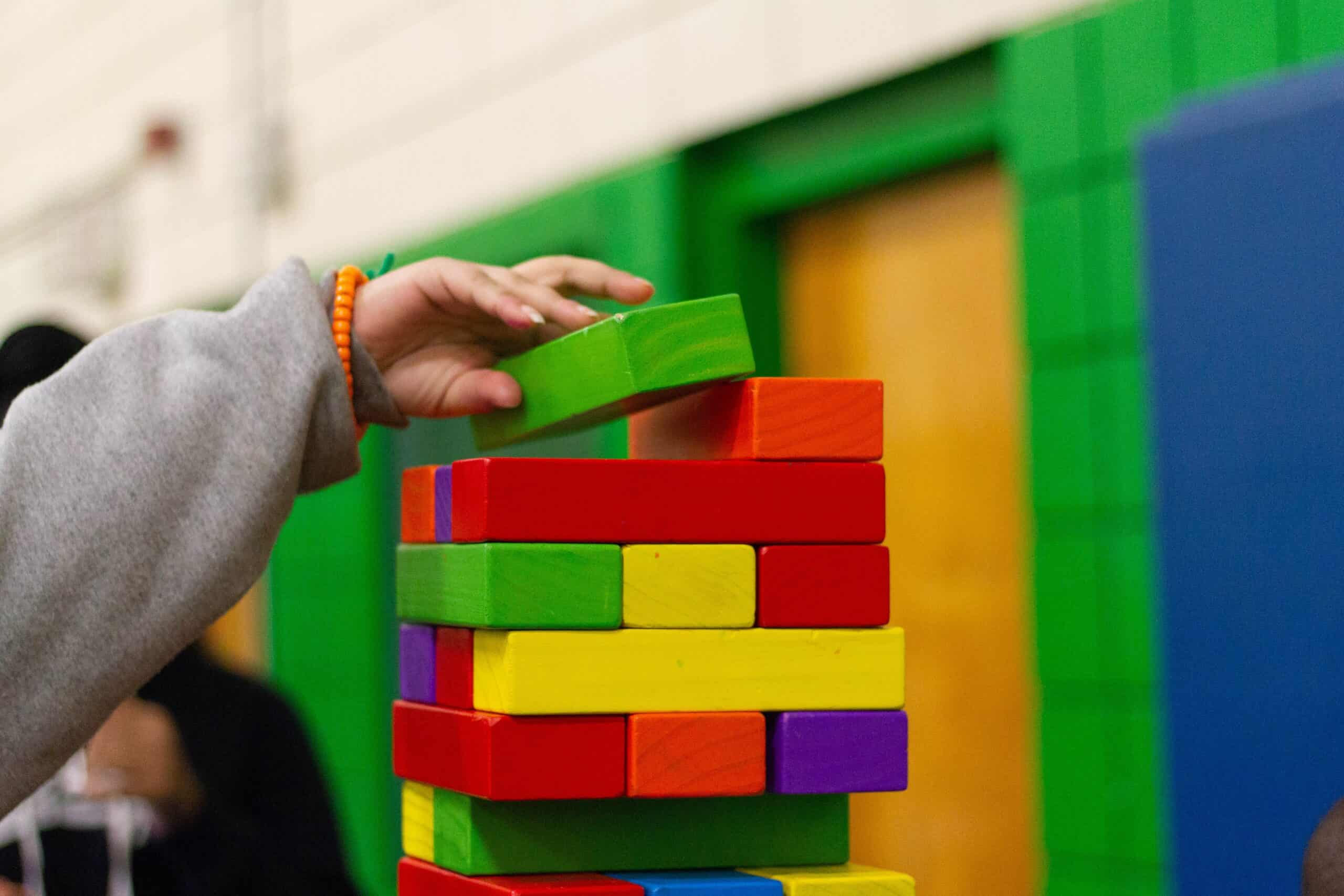“The crucible of crisis doesn’t develop your skill sets; it reveals them.”
I’ve said these words to many leaders over the years, and as people pause and reflect on it, it dawns on them: if they’re honest with themselves, they don’t think they’ll like what the crucible will reveal. Deep down, they know that they’re not ready for crises.
However, for years now, we’ve been trying to make the point that there’s a better way than on-the-job training to prepare organizations and individuals for crises. Skills training, adopting an infinite game mindset, and thinking about what can go wrong help equip leaders and their teams for crises.
After preparing, they’re going to say that they feel much more ready for what might hit them.
We call that being Crisis Confident.
Crisis Confidence
“Crisis confidence” means that you know you are ready and prepared for whatever comes next. We talk about it in the context of two parts.
Functional competence – the skills, mindset, and attributes of effective crisis response – coupled with risk understanding and mitigation. Importantly you need both to be genuinely confident. Competence without any sense of what might be about to hit leaves you uncertain. Similarly, knowing what’s coming but not knowing if you and your team can step up is equally unsettling.
However, when you have both, you’ll have crisis confidence.
This confidence is no different than an athlete that feels prepared for whatever gets thrown at them during the game. It’s no different than an actor who does improv and is prepared for whatever might come next. It’s no different than a firefighter who’s responding to their hundredth fire.
All three of them are confident. Confident that they can deal with whatever comes their way because of practice, training, and having thought through all the options: they know that they’re ready.
That’s what you as a crisis leader should be seeking, and we believe that comes from three fundamental pieces.
It comes from clarity, it comes from trust, and it comes from speed.
Those are the three building blocks, the foundational elements of Crisis Confidence.
Clarity
Clarity is a word that everyone understands – you have clarity that you know who you are. You know who you are as an individual, and you know who you are as an organization. There is clarity around mission and values. There is clarity around what makes your organization tick and what you can do and what you can’t do, what you can pull off and what you can’t pull off. So you know who you are, what your organization does, and what you stand for.
As an advisor, you know your status and standing in the organization. And that clarity to be able to give the best and hard advice. You know what you stand for. That’s an understanding of your mission and values, and of who matters most to your organization. You also have clarity around what could knock you off course. You understand the risks, you’ve sorted them, you’ve evaluated them, and you know what can take you off of strategy.
So this notion of clarity is the first thing you need to check for and develop where necessary.
Trust
Do you have trust in your crisis procedures and processes? What about how your team will perform? Or your CEO?
What about yourself?
You need to trust that the essential competencies of crisis response are in place, but you also need to trust in the wisdom, perspective, and insights you’ll receive? Do you have trust that if you ask for information, people know where to get it?
Speed
Finally, you’ve got to be fast.
I’ve often said that the key differentiator between good and great crisis response is speed. That comes from understanding your mission and values and your chain of command. That’s based on clarity and trust, but there’s more to it than that. You also need quick pattern recognition to identify the central question – what’s the real problem you’re trying to solve?
You can anticipate what’s coming because it makes you faster. You can differentiate between smoke – something to monitor – and a fire that needs an all-hands response. That lets you respond appropriately and quickly. You have the systems in place, you’ve evaluated clarity, you’ve evaluated trust, and now your organization is ready to respond rapidly.
All in on Clarity, Trust and Speed
I’ve been doing various forms of crisis response in a political context, as well as in a corporate communications setting, for over 25 years. Kith has over 100 years of experience in crises.
And we firmly believe that if you need to prepare before you find yourself in the crucible of crisis. You need to know what’s ahead, to know your organization’s ready, and that you’ll like what you’ll see – you need crisis confidence. That comes from having clarity, building trust, and being fast. That creates an environment where you can rest better at night, knowing that you’re ready, and these three core building blocks of clarity, trust, and speed are in place.
So stay with us. We will talk more about all three of these and how you can develop clarity, trust, and speed with the ultimate goal of being crisis confident.
Photo by La-Rel Easter on Unsplash


